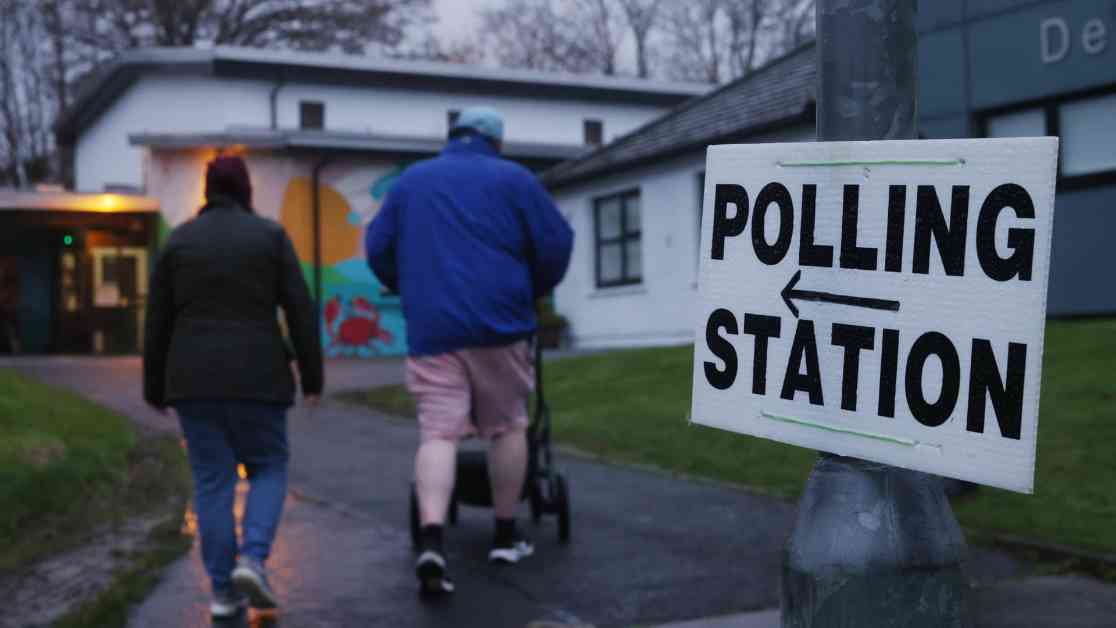Ireland is gearing up for its election on Nov. 29, with the center-right parties Fianna Fáil and Fine Gael expected to once again dominate the political landscape. These two parties have been sharing power with the Green Party over the past five years, and recent opinion polls show them leading the race as the election campaign nears its end.
The next government in Ireland will face unique economic challenges and opportunities. The country currently boasts a budget surplus, largely due to its role as a European hub for major U.S. tech and pharmaceutical companies. Additionally, Ireland received a significant financial boost when the European Court of Justice ordered Apple to pay 13 billion euros in back taxes to the country.
However, concerns linger about the impact of U.S. President-elect Donald Trump’s policies on American companies operating in Ireland. There are fears that Trump might crack down on these companies, potentially affecting Ireland’s tax revenues.
In terms of the political landscape, both Fianna Fáil and Fine Gael are on track to form a government, with Sinn Féin and independent candidates also in the mix. Housing remains a critical issue in Ireland, with the Central Bank warning about a severe under-supply in the market. Homelessness, especially in Dublin, has reached alarming levels, highlighting the urgent need for action in the housing sector.
Despite these challenges, Ireland’s financial situation seems stable, with a budget surplus recorded for the past two years. Finance Minister Jack Chambers announced a surplus of up to €24 billion this year, largely attributed to the Apple tax ruling. S&P Global Ratings even upgraded Ireland’s outlook to positive, indicating the potential for further economic growth.
However, concerns have been raised about the heavy reliance on foreign-owned multinational companies for corporate tax revenue. Analysts warn that if these windfall corporation taxes are removed, Ireland could face a significant budget deficit in the coming years.
The looming return of Donald Trump to the White House adds another layer of uncertainty for Ireland. Trump’s “America First” policy could jeopardize Ireland’s attractiveness as a tax haven for American companies. With Ireland’s low corporate tax rate and trade surplus with the U.S., the incoming administration’s policies could have a significant impact on the country’s economy.
Overall, Ireland’s election comes at a crucial time, with economic, political, and international factors at play. The incoming government will need to navigate these challenges carefully to ensure continued stability and growth for the country.
















